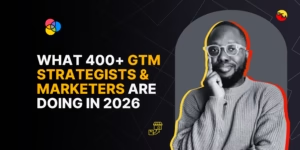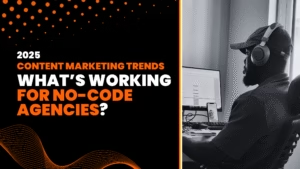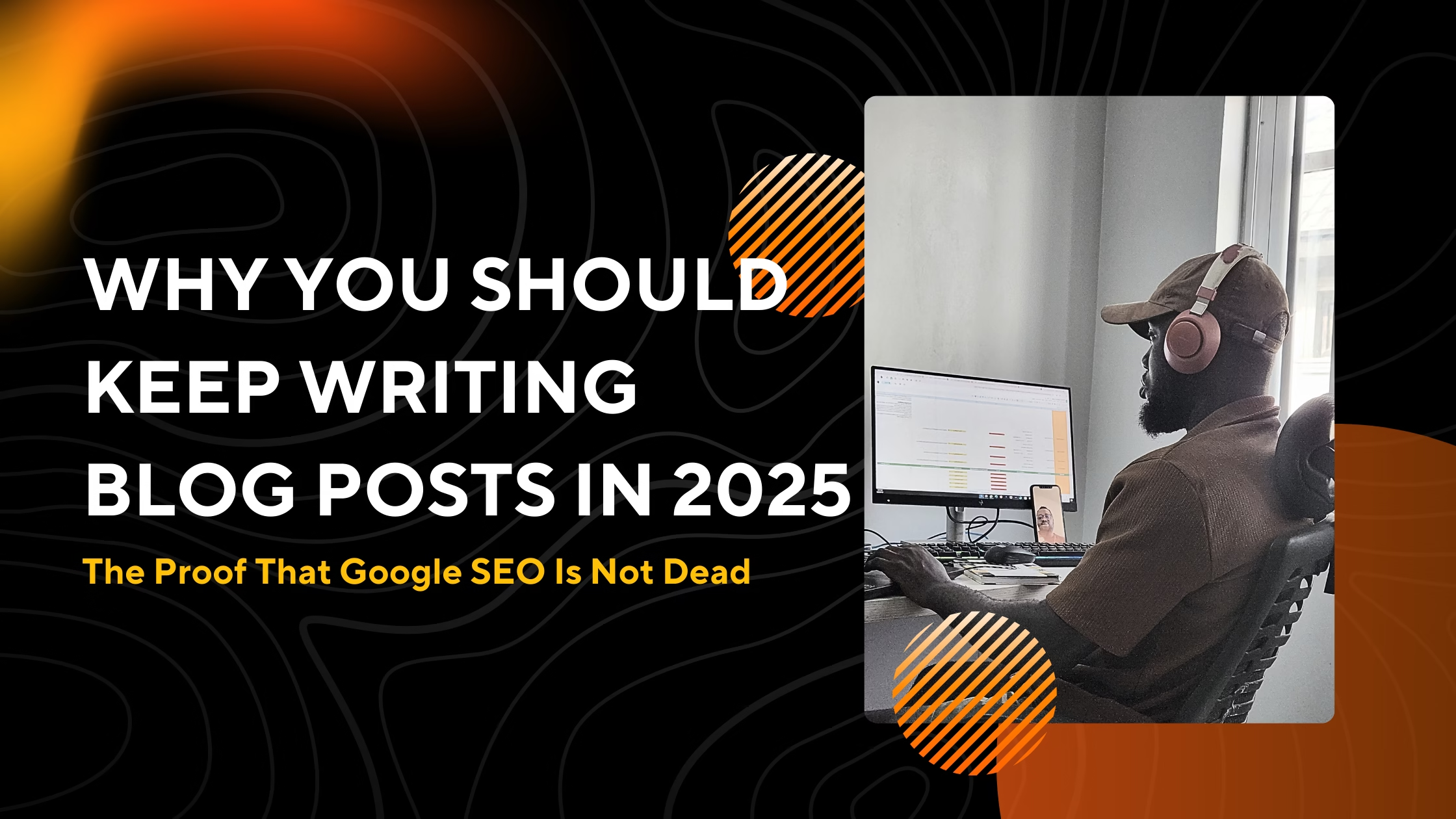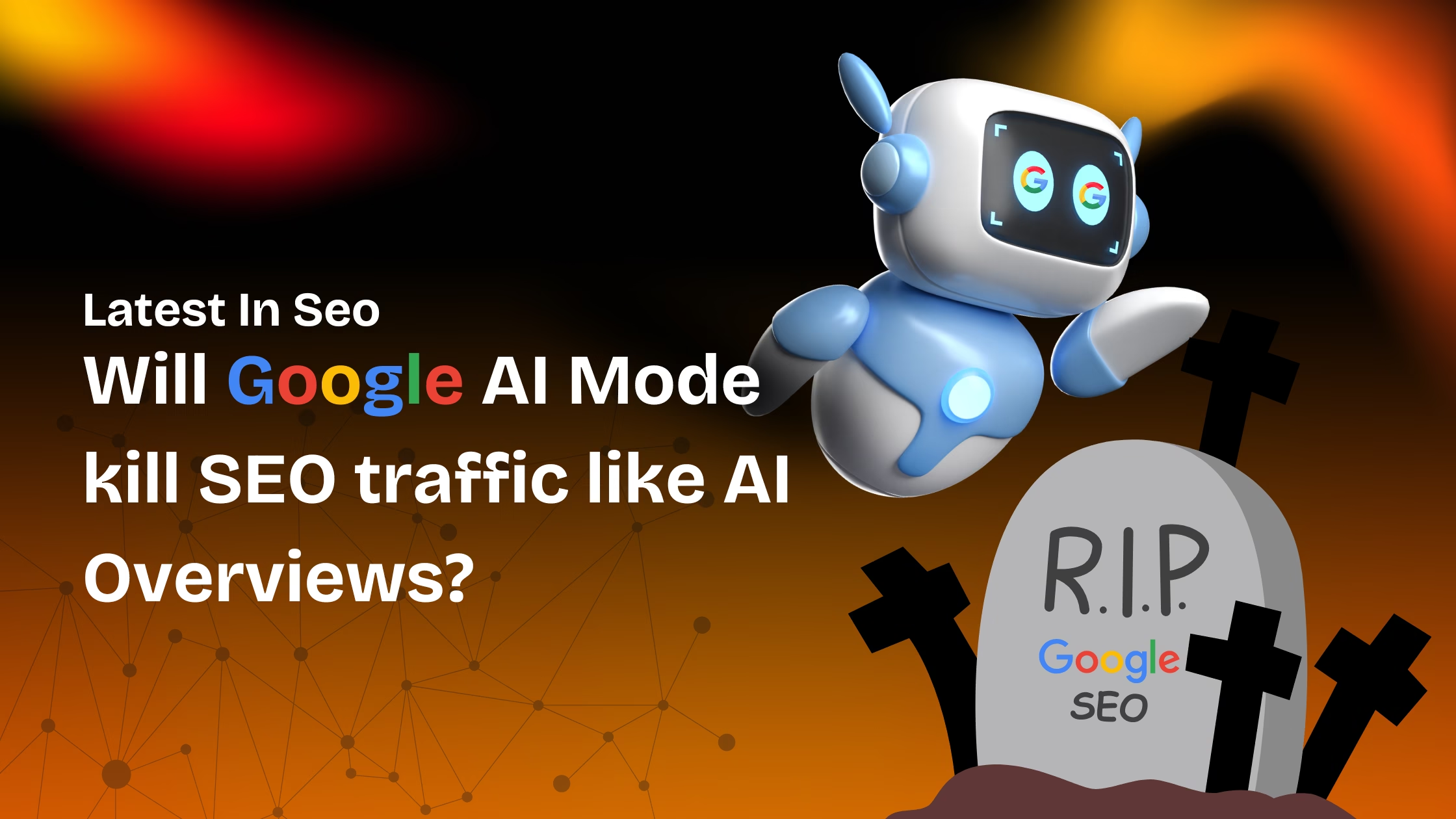Introduction
When we think of Search Engine Optimization also known as SEO, Google is the first platform we think of, for those in the US and UK, bing may also surface
However, the way people search online is changing, and a business that focuses only on Google might be missing out on other platforms where potential customers are searching for information, products, or services.
In this short article, we’ll talk about 9 other platforms your business needs to optimize for beyond Google or other search engines like Bing.
The first platform obviously is YouTube
YouTube is the second largest search engine in the world, with a large video repository that processes more than 3 billion searches per month.
With how much the world has shown a preference for video content, optimizing for YouTube can significantly boost your reach as a brand.
The idea is to focus on creating engaging, high-quality videos with well-researched keywords that you include within your video titles, descriptions, and tags.
Another platform which is not common among us Nigerians is Amazon
For e-commerce businesses, Amazon is a crucial platform to optimize for with the platform being responsible for over 54% of all product searches online
Amazon SEO involves optimizing your product titles, and your product descriptions and adding keywords within your product terms to improve product ranking.
Also uploading High-quality images, getting good customer reviews, and offering competitive prices play a significant role in influencing your ranking in Amazon’s search algorithm.
The third platform on our list is Pinterest
Pinterest has also established itself as a relatively powerful visual search engine, especially for businesses in niches like fashion, home decor, food, and DIY.
To optimize for Pinterest, focus on creating visually appealing pins with keyword-rich descriptions.
You can use trends.pinterest.com to identify search trends on the platform.
Other ways to optimize for Pinterest include using Pinterest’s board organization features and ensuring your website is Pinterest-friendly by enabling rich pins.
The fourth platform will be Apple’s App Store and Google’s Play Store
But this is only essential if your business has a mobile app
App Store Optimization also involves optimizing your app’s title, description, keywords, and screenshots to improve your visibility ranking and raise your organic downloads in the Apple App Store or Google Play.
Regularly updating your app and getting positive reviews from your users can also contribute to getting you higher rankings for search terms in your industry.
The fifth platform on our list will be LinkedIn
But not much so because LinkedIn itself is a great platform where search is being carried out, but some of LinkedIn features such as the LinkedIn newsletter are crawled and the results are presented on search engines like Google.
This means if you own a B2B business, LinkedIn is an important platform to start optimising for.
Practices such as optimizing your company page, creating keyword-rich posts, and engaging with your audience can help you rank high.
However, publishing articles on LinkedIn’s Pulse can quickly help you establish your authority in your industry and improve visibility on multiple search engines.
The sixth platform will be TikTok
While TikTok has only been around for about 8 years, it has quickly emerged as a major player in the social media landscape, especially among younger audiences with its short bite-sized video content.
40% of consumers already use TikTok for information, with 64% of Gen Z and 49% of millennials using it as a search engine.
TikTok has also been making a play for long-form video content, with 1 in 4 small business owners using TikTok for product sales or promotions
TikTok also recently released its creator search insights tool, to give marketers and creators backend access to what users on the platform are searching for, helping them create content that serves users’ specific queries on the platform
This means simply posting with trending hashtags, and participating in challenges is not enough, it’s high time to start collaborating with influencers to increase your reach, create a more user-focused strategy, and ensure your profile has relevant keywords that enhance your brand’s discoverability.
The seventh platform took me by surprise- Instagram
While Facebook has been okay-ish for search for a while, I recently noticed Instagram has begun to deliver well-matched results for search as well
An approximate 36% of people use Instagram as a search tool according to Forbes making Instagram essential for social search optimization.
For Facebook, focus on optimizing your business page, including keyword-rich descriptions, regular posting, and engagement with your audience.
On Instagram, make use of the shopping features if applicable to your business or location, try to upload high-quality visuals, relevant hashtags, relevant keywords within your video captions post engaging stories.
The eight platforms on our list will be Voice Search Platforms like Google Assistant and Amazon’s Alexa
More than 1 billion voice searches take place every month, more than 50% of the adults reported that they use voice search daily and
Voice search assistants are estimated to answer 93.7% of search queries on average.
While this form of search isn’t so common in West Africa where I come from, I’ve noticed a rise in the use of smart speakers and voice assistants like Amazon Alexa, and Google Assistant in Western Homes
Also, I’ve seen a rise in the use of Apple Siri by local tech enthusiasts, making optimization for voice search a priority.
The tough part about voice search optimization is focusing on natural language, long-tail keywords, and ensuring content your business puts online answers common questions about your industry briefly.
And finally, the ninth and last but not least platform to optimize for will be AI chat assistants like ChatGPT and Google’s Gemini
61% or 6 out of 10 marketers who use AI and automation stated that they use Generative AI to do research and 24% of business owners express concern about AI’s potential impact on their website traffic
This means Optimizing for AI-driven platforms like ChatGPT has become a priority for several businesses and the majority of business owners have indicated an interest in optimization strategies that allow their content to be suggested when users query these AI platforms.
According to search engine journals, the top 3 practices that increase your chances of appearing in AI-suggested content include;
Citing Sources In Your Content, Always Adding Quotations From Experts and Include Statistics & Data charts in your content
I have an article on Linkedin, added to the video description below detailing other practices that might increase your chances of being found in AI search results when queried by users
Conclusion
While that’s my 9 lists of platforms you should optimize for aside from search engines like Google and Bing, the most important factor to consider is if each platform has a valid relationship with your business.
For example, if you’re a DTC brand, having a presence on LinkedIn might be unnecessary for your brand, and so will optimizing for Linkedin
If you love the list, simply share this article to your social media and subscribe to encourage me to make more videos like this.






